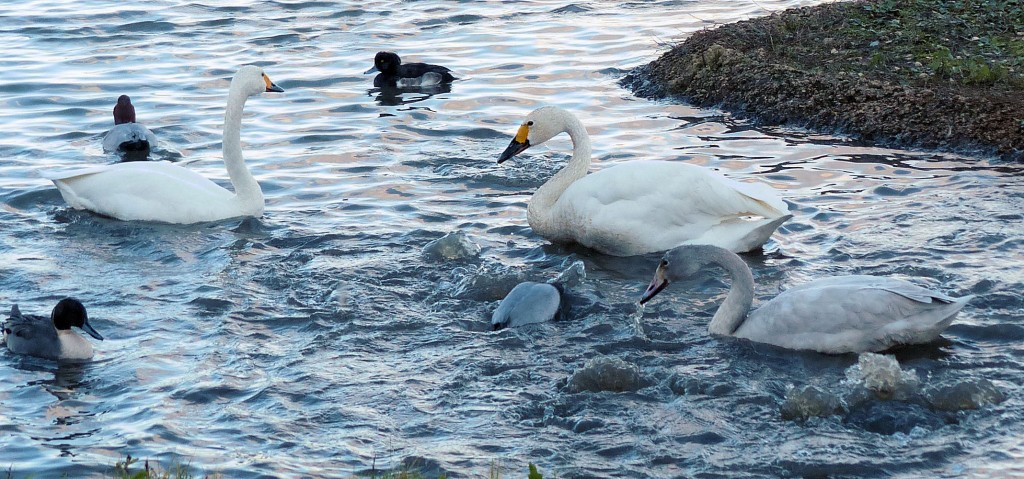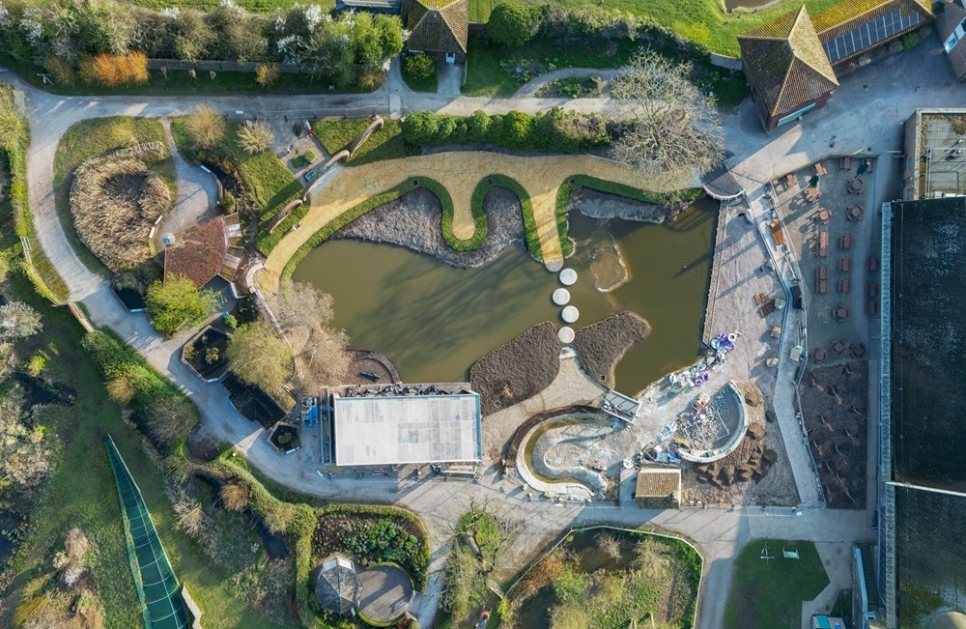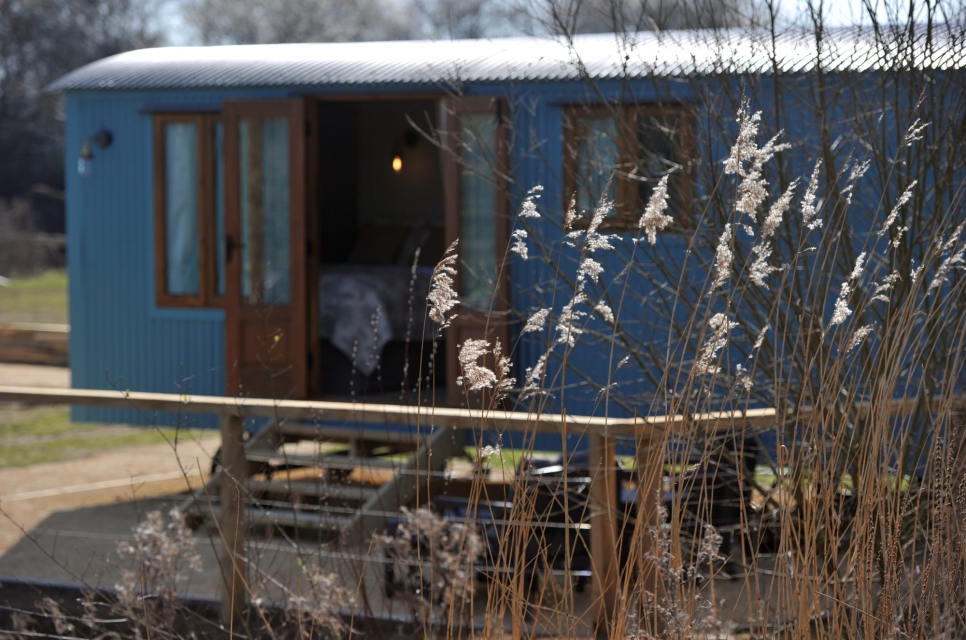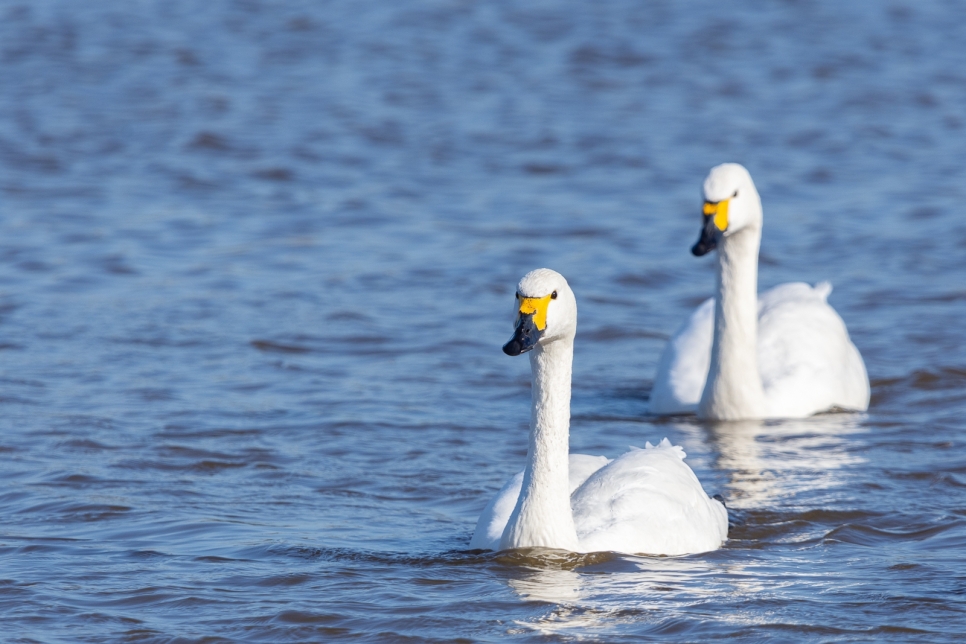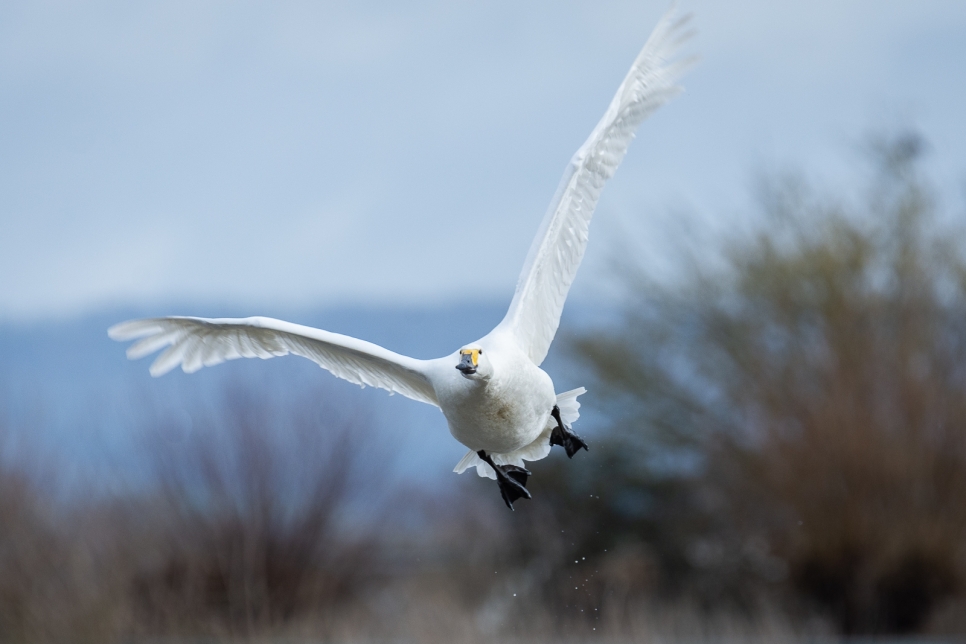Sleeping beauties attract visitors to nature reserve
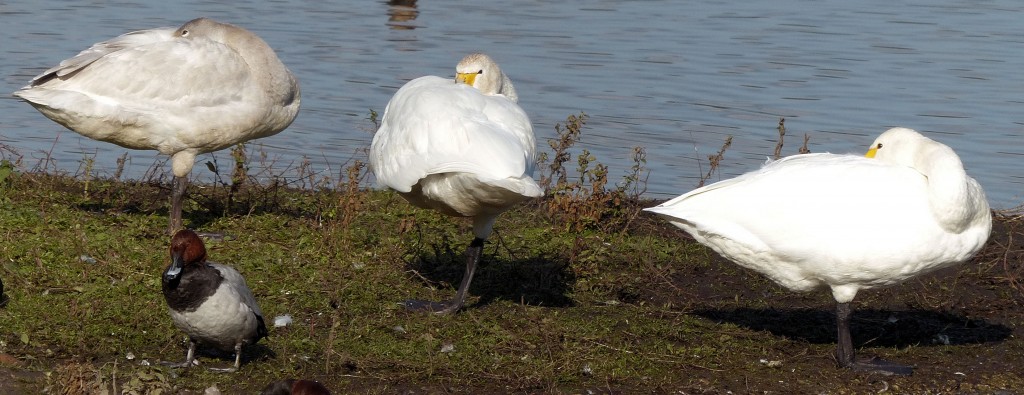
A family of rare wild swans is enjoying some much needed nap time after their epic flight to Slimbridge Wetland Centre.
There was much excitement as Bewick’s swans Lucius and Aoki touched down on the Rushy Lake with a healthy cygnet in tow on Monday.
The pair who are the latest arrivals at the Centre in Gloucestershire, are regular visitors here.
Each winter the Centre welcomes about 300 of the threatened Bewick’s swans from Arctic Russia.
The swans come to spend a few months in our relatively mild climate feeding ahead of their flight back for the breeding season in spring. The Centre feeds all the birds on the Lake at public wild bird feed events at 4pm each day.
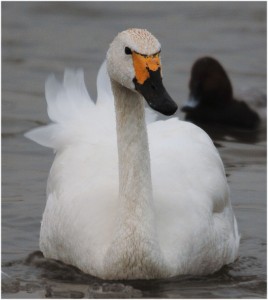
This year the first swan arrived on Saturday 27th. It was identified as three year old Humbugs, which first visited the reserve last winter as a yearling
So far twelve swans have arrived, many are new so will be named by staff at the Centre once their bill patterns have been recorded.
Lucius first visited Slimbridge in 2000. In 2004 he fathered Crinkly, a swan with a uniquely deformed neck who visited the reserve for several years.
After losing Crinkly’s mother Coletta, Lucius brought new mate Aoki to the reserve in 2007, and together, they have had four cygnets.
This new cygnet has just completed its first 2,500 mile migration to here. Lucius has flown around 58,000 miles to and from WWT Slimbridge over his lifetime so far.
Julia Newth, swan expert, said: “The family has spent a lot of time sleeping after their long journey over here. Families are interesting to watch on the lake.
“ At the beginning of the winter, parents and cygnets are equally responsible for maintaining the cohesion of the family group. Later on, it’s mostly down to the cygnets to stay close to their parents.
“Generally, parents provide less support for their offspring towards the end of the winter and during spring migration when their young are better able to fend for themselves and when the parents prepare for the next breeding season.”
